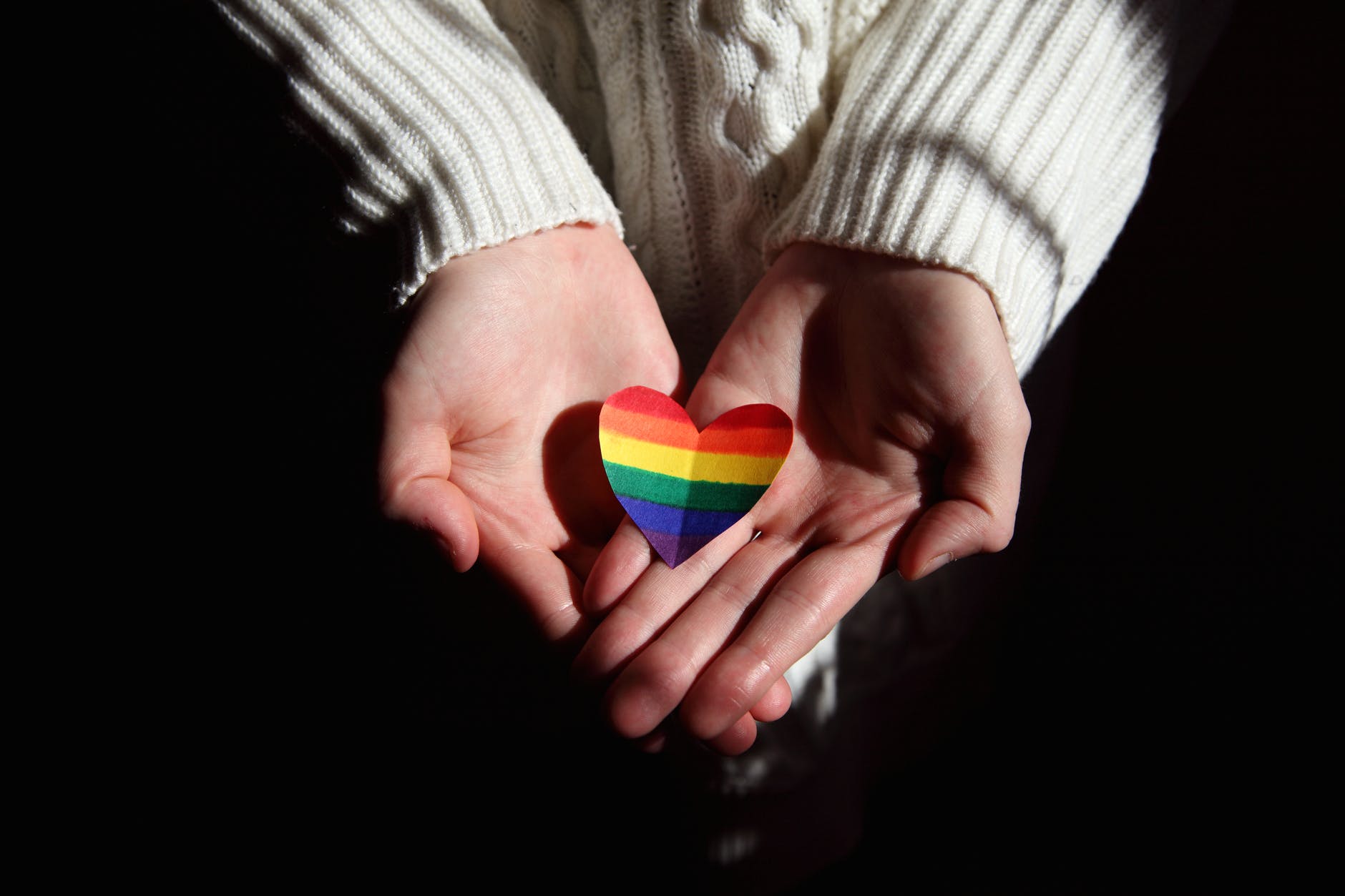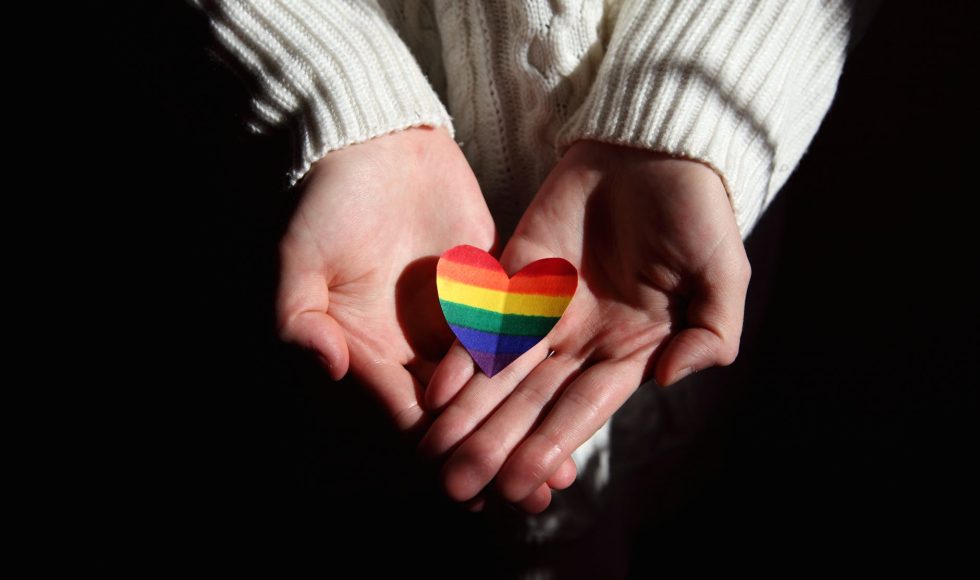It was an interesting and fun Saturday. The kids were wild, and it was hot outside. I also had a great time recording a podcast for ASMCUE with a panel of “veteran teachers” and I played the part of the host. Tonight, I watched a 2021 Lilly Conference online session by Emily Coderre from University of Vermont entitled “Teaching Compassion in the Era of COVID-19.” Coderre mention that this was their first Lilly Conference, and the goals of the session were for participants to understand unique stressors faced by college students in the age of COVID-19, describe the importance of goal regulation/social support/ and self compassion, and provide some strategies. College stressors mentioned were family obligations, job(s), social network complexities, and coursework. It was interesting to learn that social networks, often thought as support networks, could also cause stress in the era of COVID-19. Coderre asked: “how can we be compassionate to these unique and universal demands being placed on our students?” Coderre then introduced three methods for demonstrating compassion: goal regulation, social support, and self compassion. Coderre mentioned that all three have been found in the literature (psychological) to support student wellbeing.
Coderre mentioned that goal regulation includes establishing goals, managing them, and recognizing achievable goals and redirecting efforts when necessary. Chunking larger assignments into smaller chunks and setting more frequent non-graded deadlines are strategies that help with goal regulation. Meaningful feedback was mentioned as a way to “allow students to safely fail.” Coderre described how they modified an assignment to have three drafts before the ten-page paper. The drafts were not graded and feedback was provided. Students learn from the feedback and shared mostly positive comments.
Social support was the second strategy that Coderre described for coping with life challenges. Coderre talked about the importance of being understanding and sympathetic and being flexible with deadlines. “Recognize that there are other things in their lives” was a message emphasized by the speaker. One comment Coderre shared from a student reflected how scared a student was to ask for an extension. I also witnessed this… “Show you are part of their support network” was emphasized by Coderre.
Self-compassion was the last strategy explained, and Coderre listed self-acceptance, coping with negative emotions, being kind to ourselves, positive self-talk, self soothing, and mindfulness. I do struggle with this and often put myself down and share this with others seeking justification. I’m not sure why… Sharing how I feel with others has been helpful. Coderre sent a mid-week email that they shared that acknowledged the difficulties we are all facing. Coderre ended the presentation by saying that these practices do not have to end once we return to more ‘normal’ ways of teaching. I agree. I will continue offering non-graded or complete/incomplete type milestones to build to a larger assignment. I also want to be transparent with students and check in and motivate often. I want to learn to be more authentic, compassionate, and motivating to students in the courses I teach and projects I supervise. This does not have to and should not end after the return to previous ways. Should we even return to previous ways of teaching and learning?



